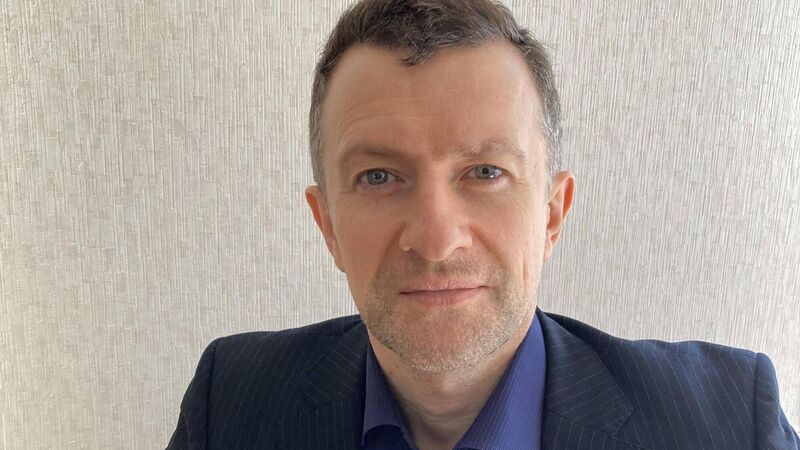Colin O’Sullivan: The Kerry man whose novel was turned into a major streaming series

Colin O'Sullivan is the author of Sunny, adapted by Apple TV for the Sunny series.
It is mid-morning in Cork when Colin O’Sullivan pops up on my screen and he has already put in a full day’s work on the other side of the world. The Japan-based Kerryman takes it all in his stride — as well as working full-time as an English teacher, he has also published six books. He initially moved to Japan in 1999 to teach English for one year but love intervened when he met his wife Yuki; they went on to have two children and now live in Aomori in the country’s northern prefecture.
O’Sullivan’s debut, Killarney Blues, based in his hometown, was published in 2013, and won the prestigious French award, the Prix Mystère de la Critique. However, it is his third novel, The Dark Manual, from 2018, which has recently put him in the spotlight, attracting global attention as the inspiration for the Apple TV series Sunny, about a woman who reluctantly ends up with a robot companion after her Japanese husband and son die in a plane crash.




